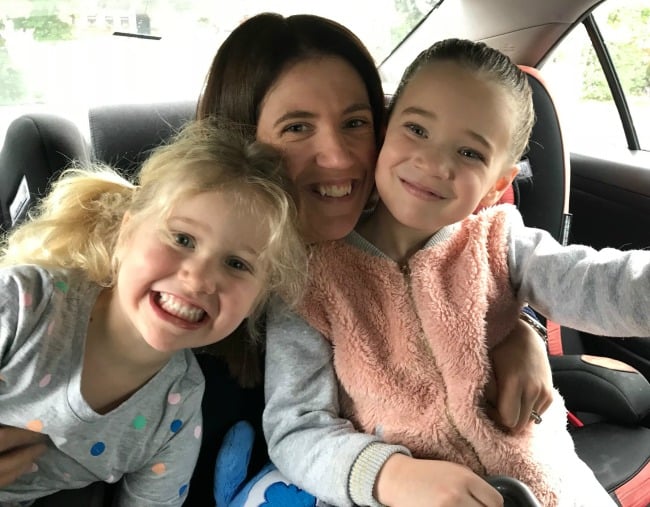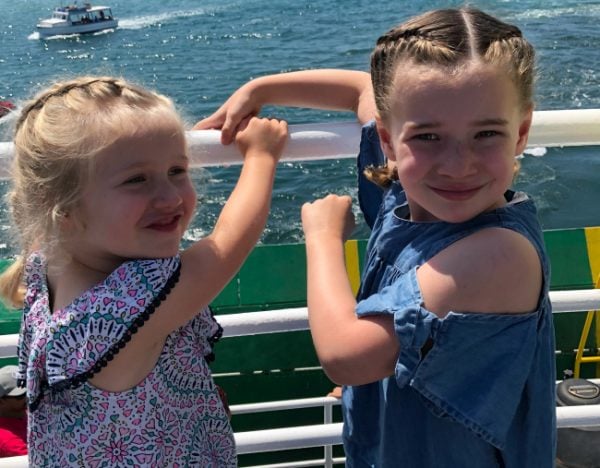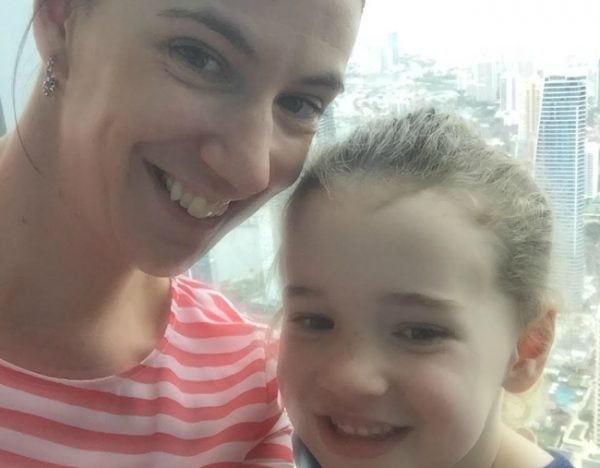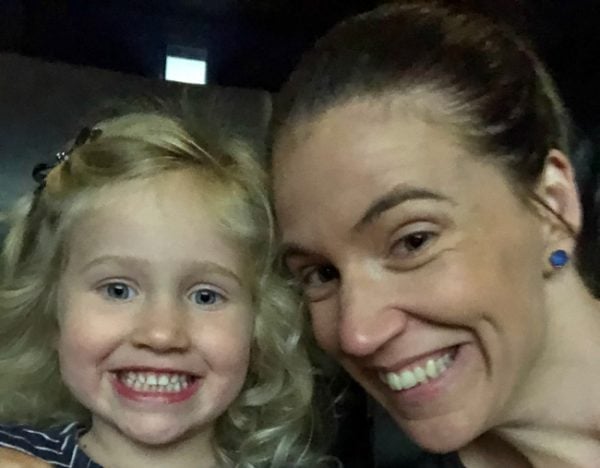
I still vividly remember my grandmas’ funeral, I was only seven at the time, but I can recall parts of the service, seeing members of my family I didn’t even know I had.
I remember the sadness of all that attended, their tears, their sorrow and the way that they comforted each other as they said goodbye to a much loved and treasured woman.
I remember people talking about her afterward as they ate the trays of sandwiches and slices and how they laughed and smiled reminiscing about her life.
After my grandma’s funeral I played with my cousins at the wake. There were probably about six or so of us who were under twelve that were there that day.
We all knew, to varying degrees why we were there and what had happened, but the innocence of childhood wasn’t squished out of us this day. Instead we took a knowledge and understanding of life that prepared us for what life is really like, the reality of loss and grief and the importance of processing this.
The importance of coming together as a community of friends and family to support one another and to keep the memory of those lost in body, alive in spirit.































































































